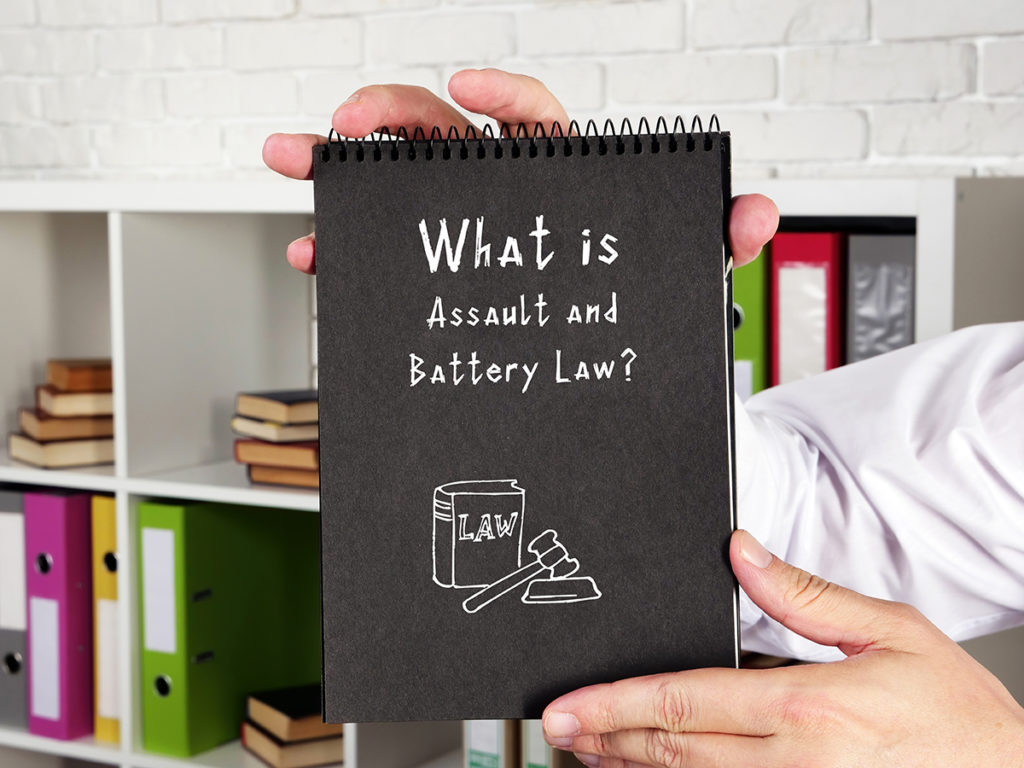Many people believe “assault” and “battery” are synonymous terms because you often hear them used together. However, under California law, assault and battery are two separate convictions. They can result in considerable penalties, so if you’re facing charges for one or both of these crimes, you’ll want to work with an attorney who can help you get them reduced or dismissed.
What Are the Consequences of Assault?
California state law defines assault as “an unlawful attempt, coupled with a present ability, to commit a violent injury on the person of another.” The word “attempt” plays a crucial role in this definition, because a judge could still charge you with assault if you eventually decide not to follow through with the violence. If you had the intent and the ability to injure someone without their consent, you’ve committed assault according to state law – even if nobody got hurt.
In cases of simple assault, defendants can face up to six months in jail and may have to pay up to $1,000 in fines. Consequences of assault with a deadly weapon can include a misdemeanor or felony conviction and may result in up to one year in jail or between two and four years in prison and as much as $10,000 in fines.
What Are the Legal Penalties for Battery?
According to California Penal Code 248, battery is “any willful and unlawful use of force or violence upon the person of another.” In other words, assault is attempted violence, while battery is the violent act itself. If you attempt to injure someone and succeed, a judge can charge you with combined assault and battery.
Battery is a misdemeanor that may result in up to $2,000 in fines and up to six months in jail. Aggravated battery that results in severe bodily injury can count as a felony charge, which comes with heftier fines and more prison time. If you commit a battery against a first responder that results in an injury, you may face charges of battery on a peace officer. This offense is a “wobbler” under California law — which can either be a misdemeanor or a felony.
Legal Defense in Assault and Battery Cases
Many people are surprised to face battery charges in California after a minor altercation such as a verbal argument that escalates into pushing and shoving. Even if nobody got hurt, legal consequences can still result.
A knowledgeable assault and battery attorney from the Law Office of Ronald G. Brower can take your case and offer legal representation to help you fight these charges in a court of law. Examples of defenses a skillful lawyer might use include the following.
- You acted in self-defense or to protect someone else.
- You did not act intentionally.
- In cases of a parent charged with battery on a child, you were acting within your parental rights to fairly discipline your child.
For more than 45 years, Ronald G. Brower has provided his Southern California clients with outstanding legal representation, case preparation and unparalleled attention to detail. To learn more about defending yourself against assault or battery charges, contact us today.

